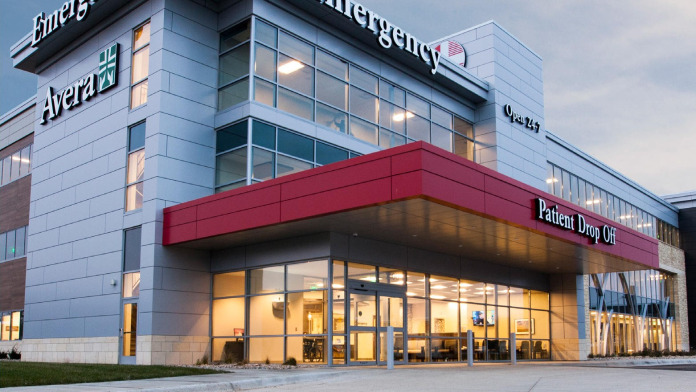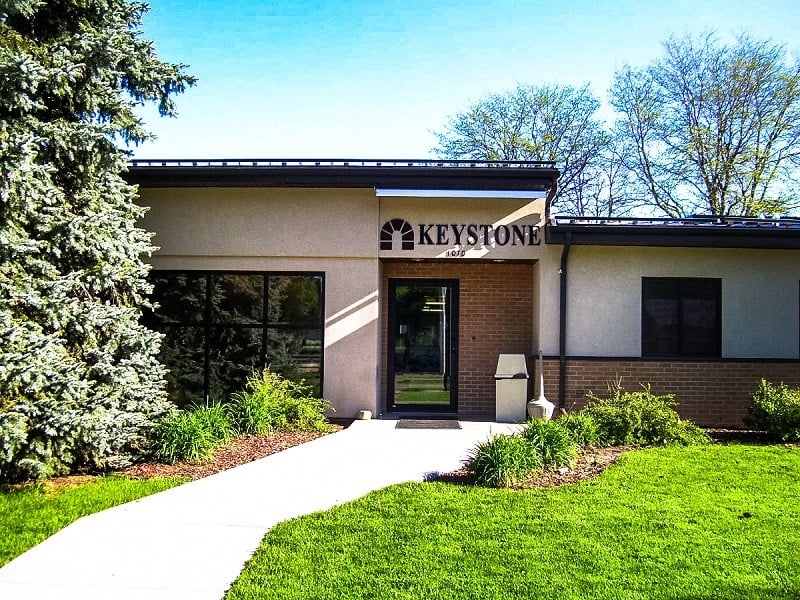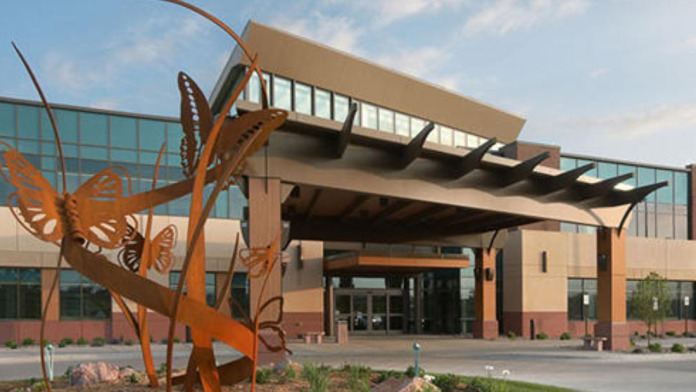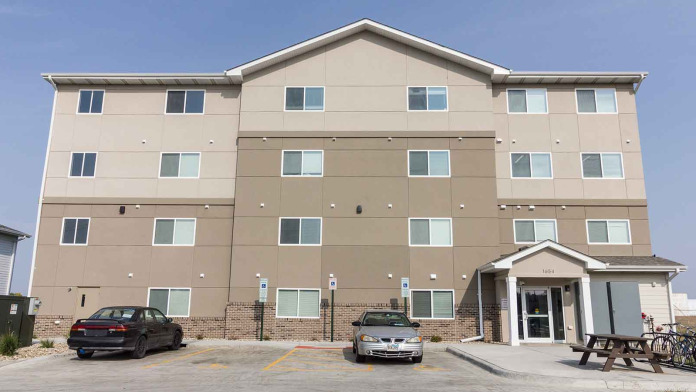About Lutheran Social Services of South Dakota
They provide groups for cognitive behavioral interventions for substance abuse. Individual counseling tailored to those interacting with the criminal justice system is also among their offerings. Throughout the process, their clinicians are ready to support you and assist you in defining your substance use goals. Whether you are a family, couple or individual looking for assistance they will collaborate with you. They will help you to define your circumstances, consider possible solutions and create useful coping mechanisms.
They provide basic counseling services on a sliding fee scale that is based on income. Even though the majority of specialized services might not fit under this framework, their staff can help you weigh your options. The majority of insurance plans are accepted including Medicare and Medicaid in South Dakota though some might need pre-certification.
In addition to licensed marriage and family therapists, licensed addiction counselors, licensed social workers and licensed professional counselors their team also includes psychologists and psychiatrists.
Their services meet strict requirements for professionalism and quality earning them accreditation from the Council on Accreditation.
Being one of the biggest private non-profit human services organizations in South Dakota they offer professional private and reasonably priced services to meet the needs of people of all ages, socioeconomic backgrounds and circumstances.
Latest Reviews
We're sorry to hear you've had a less than positive experience. If we can be of direct assistance, please contact our administrative office at 605.444.7500.
Rehab Score
Gallery
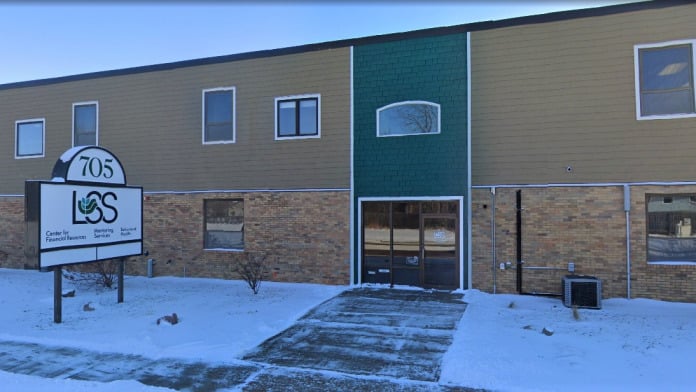
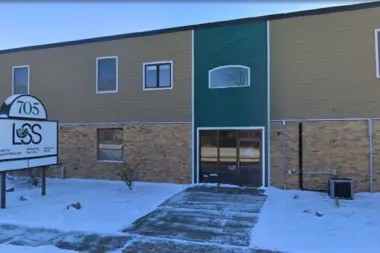
Other Forms of Payment
Private insurance refers to any kind of healthcare coverage that isn't from the state or federal government. This includes individual and family plans offered by an employer or purchased from the Insurance Marketplace. Every plan will have different requirements and out of pocket costs so be sure to get the full details before you start treatment.
Self-pay involves paying for treatment out of your own pocket. You can use savings or credit, get a personal loan, or receive help from family and friends to fund your treatment. If you don't have insurance or your insurance plan doesn't cover a specific program, self-pay can help ensure you still get the care you need.
Financial aid can take many forms. Centers may have grants or scholarships available to clients who meet eligibility requirements. Programs that receive SAMHSA grants may have financial aid available for those who need treatment as well. Grants and scholarships can help you pai for treatment without having to repay.
Sliding scale payments are based on a client's income and family size. The goal is to make treatment affordable to everyone. By taking these factors into account, addiction recovery care providers help ensure that your treatment does not become a financial burden to you or your family, eliminating one barrier to care.
Medicare is a federal program that provides health insurance for those 65 and older. It also serves people under 65 with chronic and disabling health challenges. To use Medicare for addiction treatment you need to find a program that accepts Medicare and is in network with your plan. Out of pocket costs and preauthorization requirements vary, so always check with your provider.
Medicaid is a state based program that helps lower-income individuals and families pay for healthcare. Medicaid covers addiction treatment so those enrolled can use their coverage to pay for rehab. When a program accepts Medicaid the client often pays very little or nothing out of their own pocket.
Military members, veterans, and eligible dependents have access to specific insurance programs that help them get the care they need. TRICARE and VA insurance can help you access low cost or no cost addiction and mental health treatment. Programs that accept military insurance often have targeted treatment focused on the unique challenges military members, veterans, and their families face.
Addiction Treatments
Levels of Care
Outpatient Programs (OP) are for those seeking mental rehab or drug rehab, but who also stay at home every night. The main difference between outpatient treatment (OP) and intensive outpatient treatment (IOP) lies in the amount of hours the patient spends at the facility. Most of the time an outpatient program is designed for someone who has completed an inpatient stay and is looking to continue their growth in recovery. Outpatient is not meant to be the starting point, it is commonly referred to as aftercare.
Inpatient rehabs provide intensive clinical supervision and robust daily treatment to clients in early recovery and those who are at an elevated relapse risk. Inpatient care is often the first stage of treatment following detox, and it allows clients to focus exclusively on their recovery in a highly structured and supportive environment. Clients typically engage in daily addiction counseling and recovery-focused life skills training. Many treatment centers also offer holistic therapies, such as massage, meditation, and acupuncture.
Intensive outpatient programs (IOP) are well suited to clients who are leaving inpatient rehabs, those who wish to remain in their own homes while in early addiction treatment, and those at an elevated risk of relapse. Clients are generally expected to receive between nine and 20 therapy hours weekly, though the intensity and frequency of care declines as clients stabilize. Intensive outpatient rehabs often feature a range of services, including counseling, recovery education, and medication assisted treatment (MAT).
Rehab aftercare programs provide robust continuing care for clients in outpatient rehab and those who have been discharged from formal treatment. These programs address addiction disease as a chronic condition and recovery as a life-long process requiring ongoing client support. Clients in drug rehab aftercare receive a wide variety of services, often including peer coaching, relapse prevention support, and 12 step program induction. Case managers and care teams typically collaborate on the client's long-term care plan.
Intervention services help families plan drug interventions in South Dakota. These structured, loving confrontations are designed to encourage the person abusing substances to get crucial treatment. An intervention specialist can facilitate the intervention, educate everyone involved about addiction, and guide the family and individual to appropriate treatment. This can provide a seamless transition into an inpatient rehab program.
To manage withdrawal symptoms from alcohol and drugs, it is important to seek 24-hour clinical care in South Dakota. Medical personnel can monitor your symptoms and provide appropriate support with clinical treatment, medications, and emotional support. This is much safer and more comfortable than at-home detox, where medical staff are not on-site to quickly respond if withdrawal symptoms become severe or life-threatening.
Treatments
Many of those suffering from addiction also suffer from mental or emotional illnesses like schizophrenia, bipolar disorder, depression, or anxiety disorders. Rehab and other substance abuse facilities treating those with a dual diagnosis or co-occurring disorder administer psychiatric treatment to address the person's mental health issue in addition to drug and alcohol rehabilitation.
Mental health rehabs focus on helping individuals recover from mental illnesses like bipolar disorder, clinical depression, anxiety disorders, schizophrenia, and more. Mental health professionals at these facilities are trained to understand and treat mental health issues, both in individual and group settings.
Programs
Adult rehab programs include therapies tailored to each client's specific needs, goals, and recovery progress. They are tailored to the specific challenges adult clients may face, including family and work pressures and commitments. From inpatient and residential treatment to various levels of outpatient services, there are many options available. Some facilities also help adults work through co-occurring conditions, like anxiety, that can accompany addiction.
Young adulthood can be an exciting, yet difficult, time of transition. Individuals in their late teens to mid-20s face unique stressors related to school, jobs, families, and social circles, which can lead to a rise in substance use. Rehab centers with dedicated young adult programs will include activities and amenities that cater to this age group, with an emphasis on specialized counseling, peer socialization, and ongoing aftercare.
Clinical Services
The core concepts of cognitive behavioral therapy in South Dakota are that patterns of thoughts and behaviors are linked and that they can be changed. Treatment involves identifying negative patterns and learning how to change them into positive ones.
Dialectical behavior therapy teaches you coping skills and problem solving. You'll learn how to manage your emotions and use your new skills to create healthier patterns of thought and behavior. Treatment typically lasts six months and includes individual and group sessions.
Group therapy is any therapeutic work that happens in a group (not one-on-one). There are a number of different group therapy modalities, including support groups, experiential therapy, psycho-education, and more. Group therapy involves treatment as well as processing interaction between group members.
In individual therapy, a patient meets one-on-one with a trained psychologist or counselor. Therapy is a pivotal part of effective substance abuse treatment, as it often covers root causes of addiction, including challenges faced by the patient in their social, family, and work/school life.
Trauma therapy addresses traumatic incidents from a client's past that are likely affecting their present-day experience. Trauma is often one of the primary triggers and potential causes of addiction, and can stem from child sexual abuse, domestic violence, having a parent with a mental illness, losing one or both parents at a young age, teenage or adult sexual assault, or any number of other factors. The purpose of trauma therapy is to allow a patient to process trauma and move through and past it, with the help of trained and compassionate mental health professionals.
Whether a marriage or other committed relationship, an intimate partnership is one of the most important aspects of a person's life. Drug and alcohol addiction affects both members of a couple in deep and meaningful ways, as does rehab and recovery. Couples therapy and other couples-focused treatment programs are significant parts of exploring triggers of addiction, as well as learning how to build healthy patterns to support ongoing sobriety.
Research clearly demonstrates that recovery is far more successful and sustainable when loved ones like family members participate in rehab and substance abuse treatment. Genetic factors may be at play when it comes to drug and alcohol addiction, as well as mental health issues. Family dynamics often play a critical role in addiction triggers, and if properly educated, family members can be a strong source of support when it comes to rehabilitation.
Relearning basic life skills is an essential part of recovery. These skills help you manage challenges without succumbing to relapse. They include skills for self care, relationships, finances, and decision making.
Recreational therapy within an addiction treatment program in South Dakota helps you build healthy habits and discover new interests. Addiction is self isolating and can reduce your interest in participating in group activities. Recreational therapy promotes relaxation, improves mood, and encourages social interactions which are essential to sustain long term recovery.
Amenities
-
Residential Setting
Staff & Accreditations
Staff
Rebecca Kiesow-Knudsen
President & CEO
Amy Witt
Chief Program Officer
Nathan Beyer
VP of Finance & Support Services
Staci Jonson
VP of Program Operations
Cheryl Kappenman
Vice President of Human Resources
Paige Short
Vice President of Philanthropy Services & Marketing/Communications
Accreditations

The Commission on Accreditation of Rehabilitation Facilities (CARF) is a non-profit organization that specifically accredits rehab organizations. Founded in 1966, CARF's, mission is to help service providers like rehab facilities maintain high standards of care.
CARF Accreditation: Yes
Contact Information
705 East 41st Street
Suite 200
Sioux Falls, SD 57105
